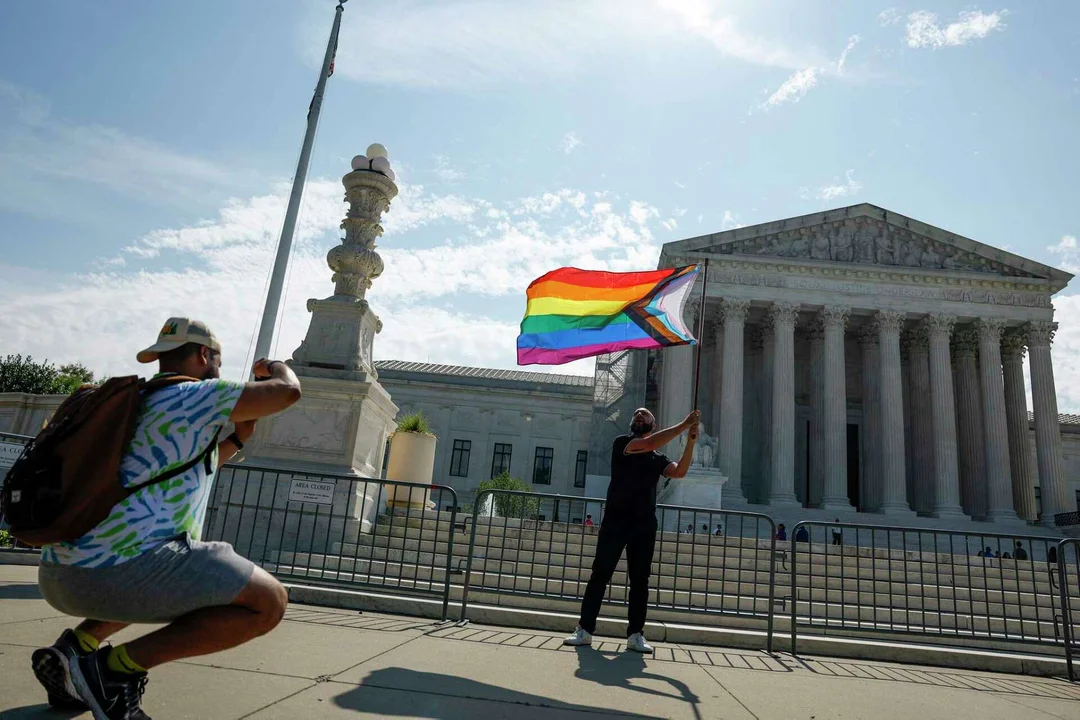
Supreme Court Declines to Hear Conversion Therapy Case
The U.S. Supreme Court recently declined to hear a case challenging a Washington state law banning conversion therapy for minors, effectively upholding the ban. This decision marks a significant moment in the ongoing debate over the controversial practice aimed at changing an individual's sexual orientation or gender identity.
The case, Tingley v. Ferguson, was brought forward by Brian Tingley, a licensed marriage and family therapist, who argued that the ban infringed upon his First Amendment rights to free speech and free exercise of religion. However, the Supreme Court's decision not to review the case means that the 9th U.S. Circuit Court of Appeals ruling, which upheld the ban, remains in effect.
Conversion therapy has been widely criticized by major medical and psychological organizations, including the American Psychological Association, which argue that it is not only ineffective but also potentially harmful. Numerous states across the U.S. have moved to ban the practice for minors, reflecting a broader societal shift towards acceptance and support of LGBTQ+ youth.
The Supreme Court's refusal to take up the case may signal a reluctance to delve into the contentious issue, leaving it to state legislatures and lower courts to navigate the complex intersection of free speech, religious freedom, and the well-being of minors. This decision could encourage more states to consider similar bans, as it underscores the judiciary's current stance on the matter.